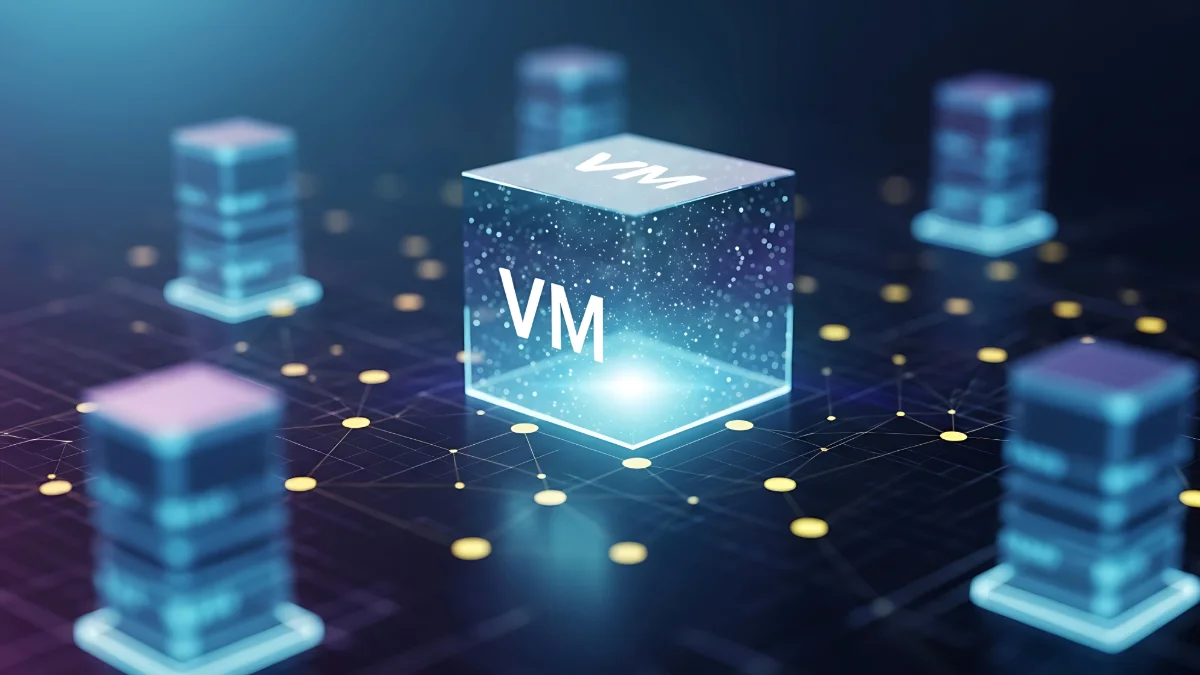What is Container as a Service (CaaS)?
IT operations teams often encounter various challenges in professional workflows and seek different solutions to address them. Core elements of cloud solutions include IT infrastructure, monitoring, firewall, SAP, unstructured data, and other services. Among these, container infrastructure plays a critical role in application deployment and management processes. The question “What is Container as a Service (CaaS)?” can be summarized as follows: Container as a Service is a cloud-based service model that simplifies the deployment, management, and execution of software applications via container technologies for DevOps and IT teams. As a result, software development processes benefit from greater flexibility and speed.
It’s also worth noting that these services are typically built on container orchestration tools like Kubernetes. Thanks to built-in application catalogs, integrated monitoring and logging, and role-based access controls, Kubernetes infrastructures become easier to manage. In addition, Container as a Service solutions can be used not only for mobile applications but also for web-based platforms like e-commerce sites or SaaS products, microservices such as payment systems or user management, backend services that support application logic, APIs that enable external integrations, and many other software components.

What Are the Use Cases of Container as a Service (CaaS)?
We can summarize the four main functions of Container-as-a-Service solutions as follows:
- Container Creation and Deployment: With open-source container services, you can package your applications inside independent containers and deploy them across different environments. For example, if you’ve tested an application on your local machine, you can easily deploy the same container to a production environment without issues.
- Scaling: When user traffic increases, containers have the ability to scale automatically. This balances workloads within containers and distributes effort efficiently. This feature proves especially valuable during high-traffic periods, such as promotional campaigns or events like Black Friday. In such cases, automatic scaling of containers in the CaaS infrastructure ensures service continuity.
- Resource Management: CaaS (Container as a Service) solutions are frequently preferred for their resource management capabilities. CPU, memory, and other resources are allocated to containers, optimizing overall system performance. Consider big data analytics applications—when provided with more processing power based on their workload, they deliver faster and more effective results.
- Monitoring: These services integrate with monitoring tools to track the performance, errors, and activities of cloud containers. This enables system administrators to identify potential issues in advance—for instance, by detecting if a container is consuming more resources than expected.

How Does Container as a Service Work?
The operation of cloud container infrastructure is fundamentally based on a container orchestration engine. This engine is responsible for creating, managing, and deploying containers. Users can quickly launch and manage their containers via a control panel or API. And that’s just the beginning. Thanks to its automatic scaling capabilities, the system can allocate additional resources during peak traffic periods to ensure uninterrupted performance. How is this possible? Because containers run in isolated environments—allowing efficient resource sharing across applications. Ultimately, cloud container service platforms enable users to securely host their applications, manage updates, and optimize resources with ease.
Benefits of CaaS Solutions
- Pre-Configured Infrastructure: CaaS platforms offer developers a ready-to-use infrastructure. This allows users to skip the setup phase and begin using containers immediately.
- Lower DevOps Costs: By simplifying infrastructure management processes, CaaS reduces the need for DevOps teams to handle manual operations—resulting in significant savings in both labor and operational costs.
- Portability: Thanks to their independent nature, containers can easily move between different platforms or cloud providers. As you can imagine, this provides great flexibility and compatibility for businesses.
- Automatic Scaling: During periods of increased traffic, CaaS platforms automatically increase the number of containers to sustain application performance. This capability is critical for ensuring a smooth user experience, especially during peak business cycles.
- Transparent System Performance: CaaS solutions offer comprehensive tools for monitoring, optimizing, and aggregating container performance. This allows users to gain clear visibility into resource usage and overall system health.
You might also be interested in our article What is IaaS?



















